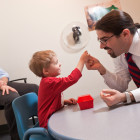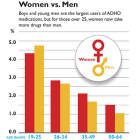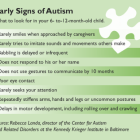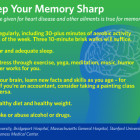Weight Loss Gets Harder, But Still Possible After 50
|
Last fall, Sharon Boland was worried she’d never lose the extra 70 pounds she was carrying. At age 54, everyone told her, it would be nearly impossible to slim down. “I’ve probably carried weight most of my life,” said Boland, a business lawyer who lives in Greenwich, but she had gained an extra 25-30 pounds in the previous few years. Her friends were right: It is undeniably harder to lose weight after about age 50. Eating and exercise habits that worked fine during the 30s and 40s can quickly lead to extra pounds and paunches a decade or two later.




